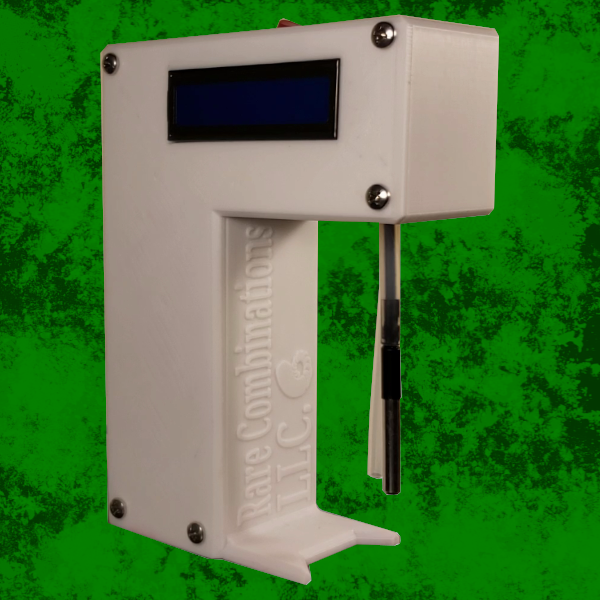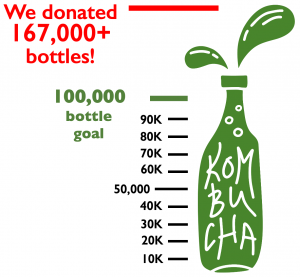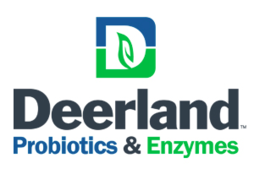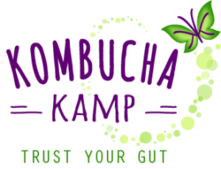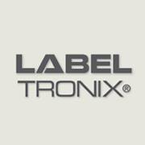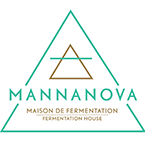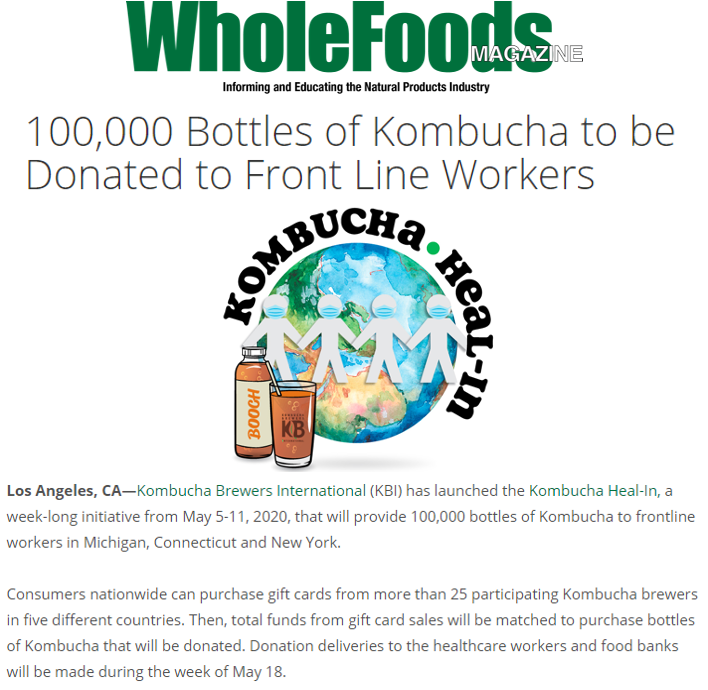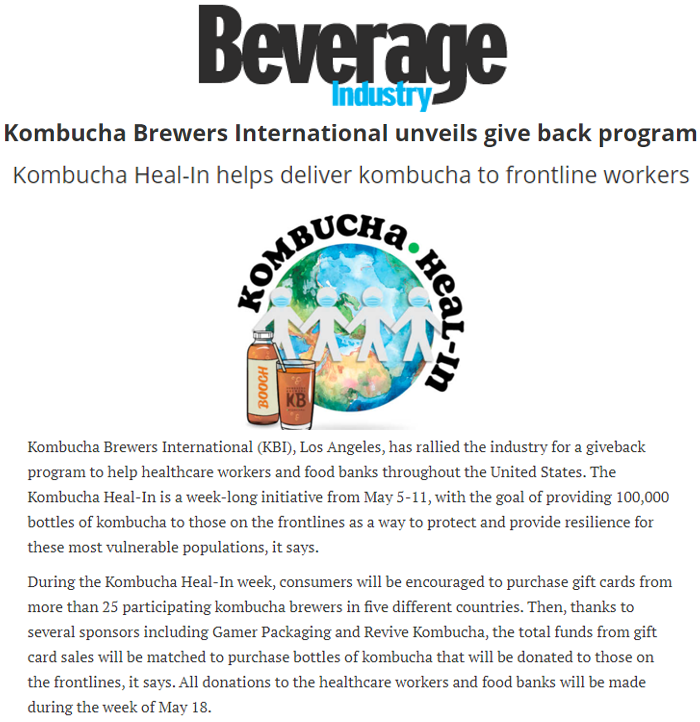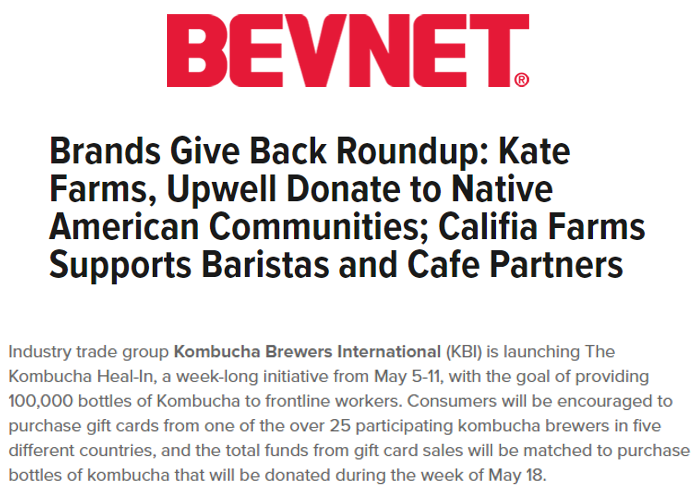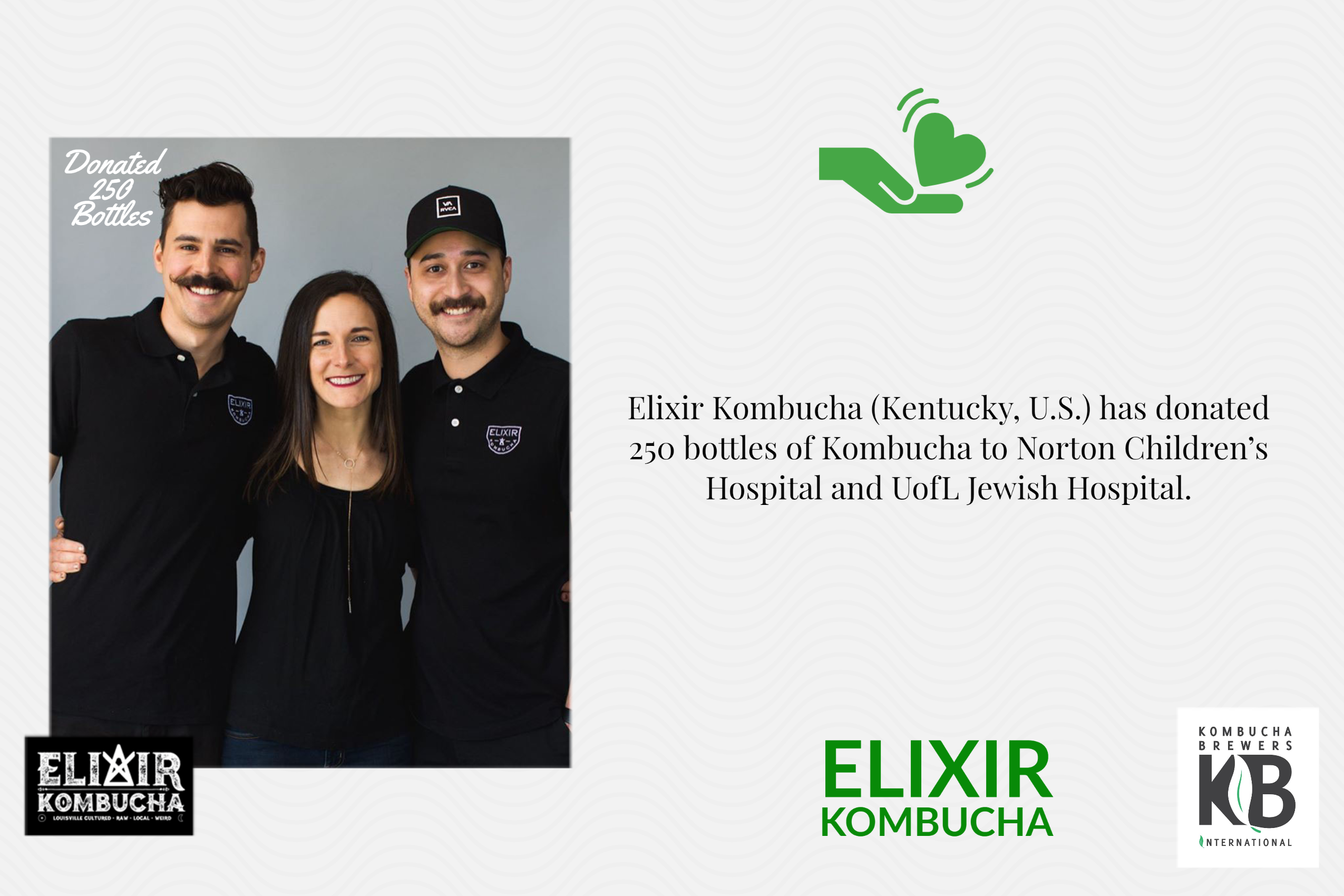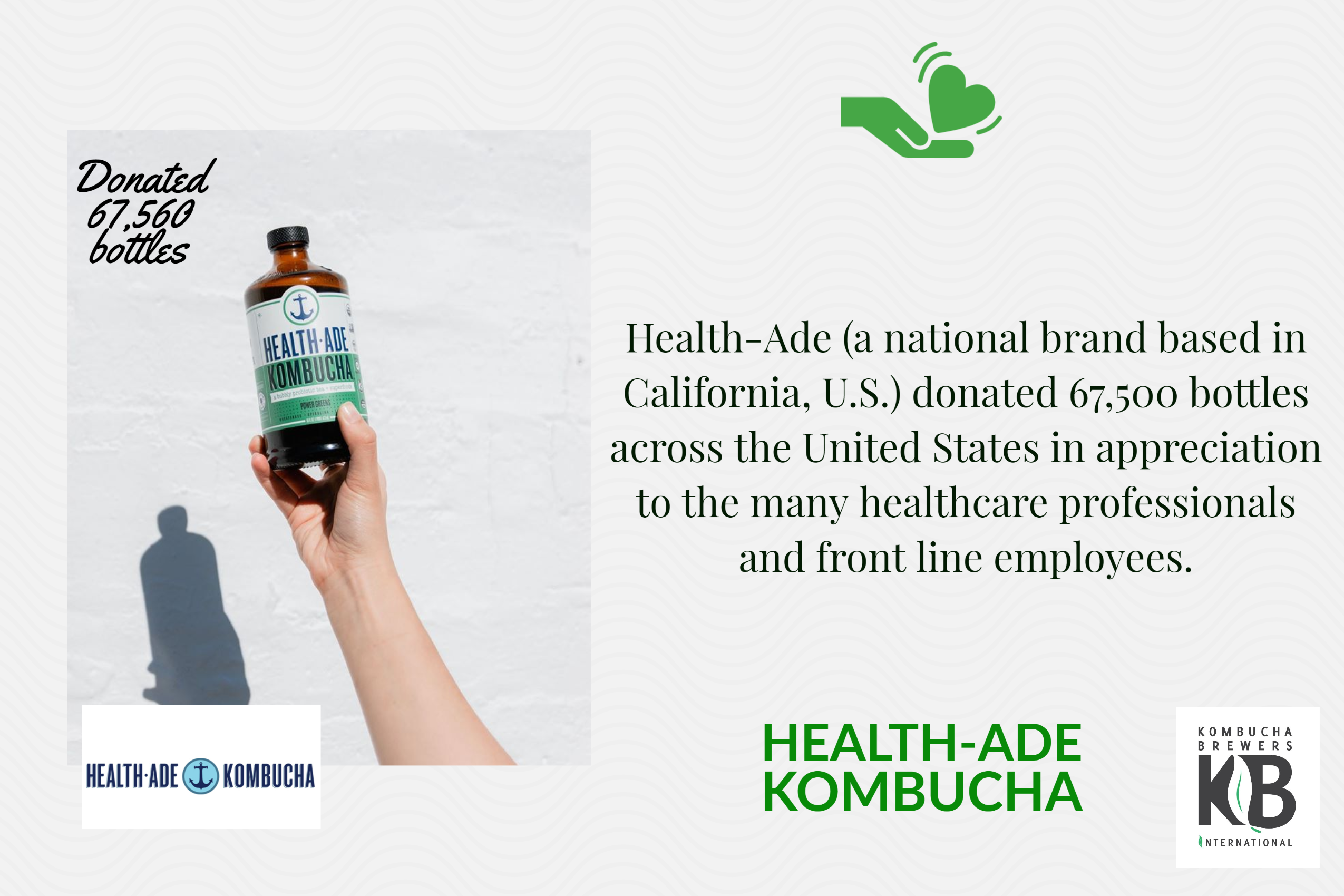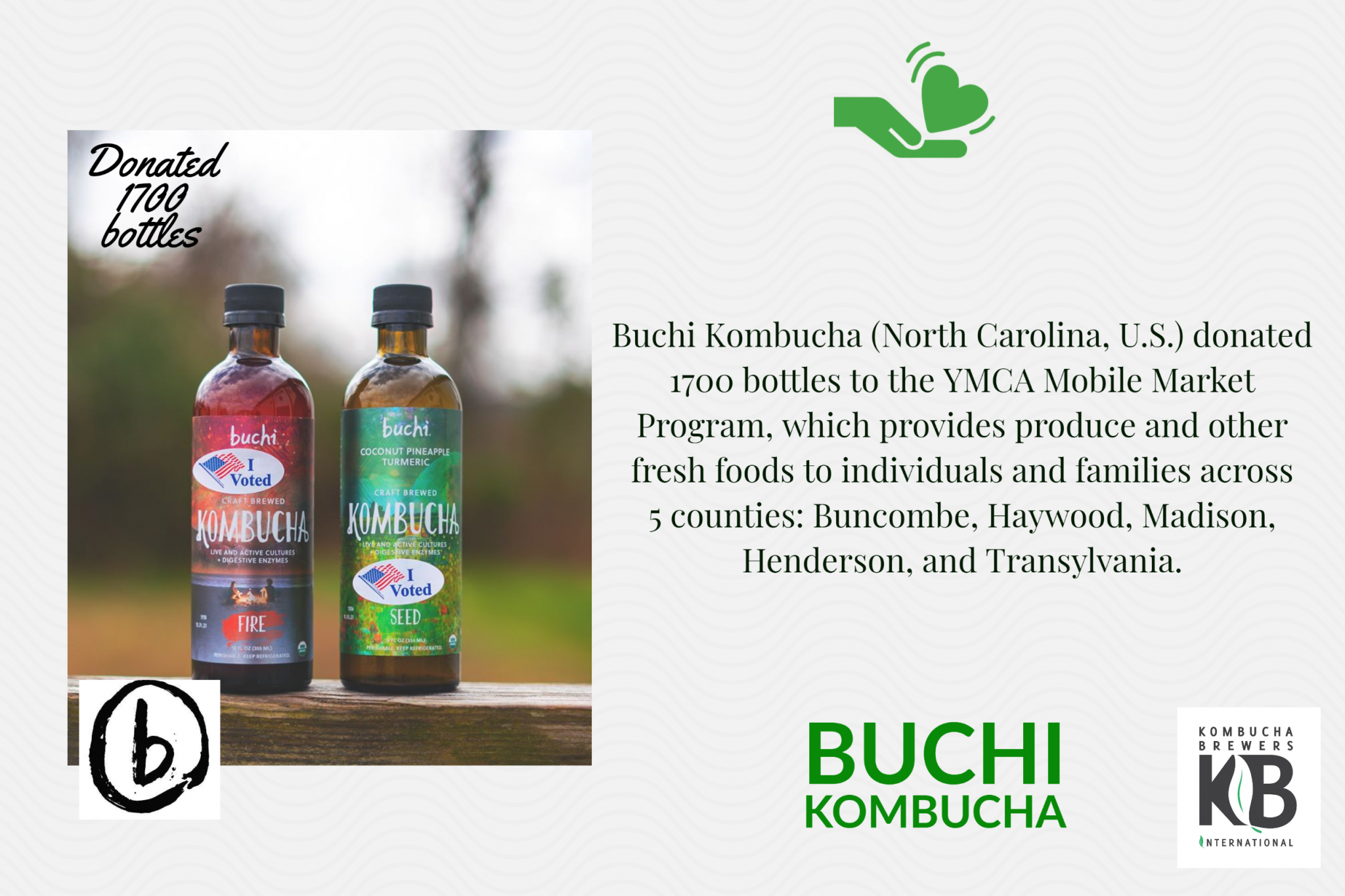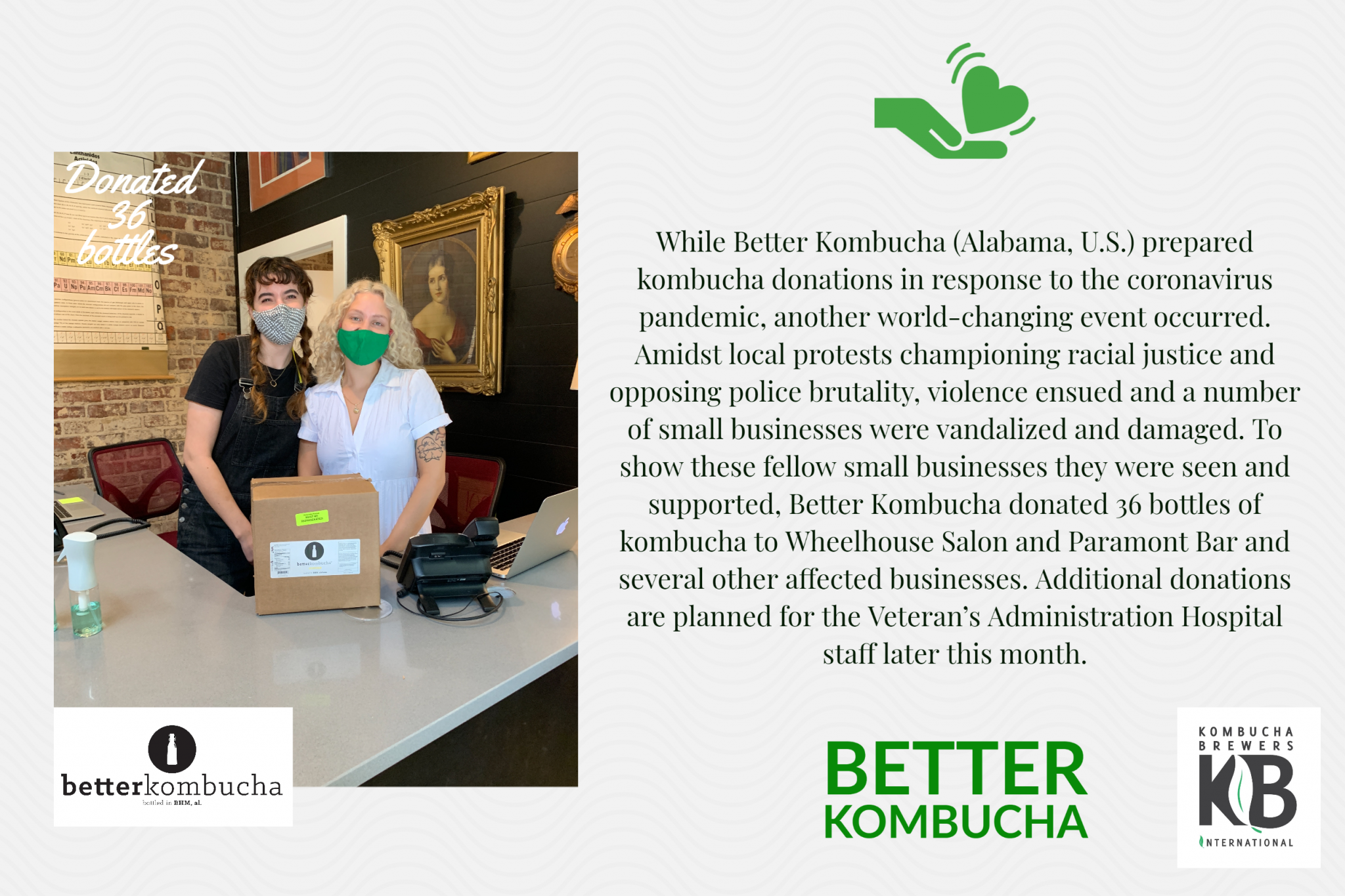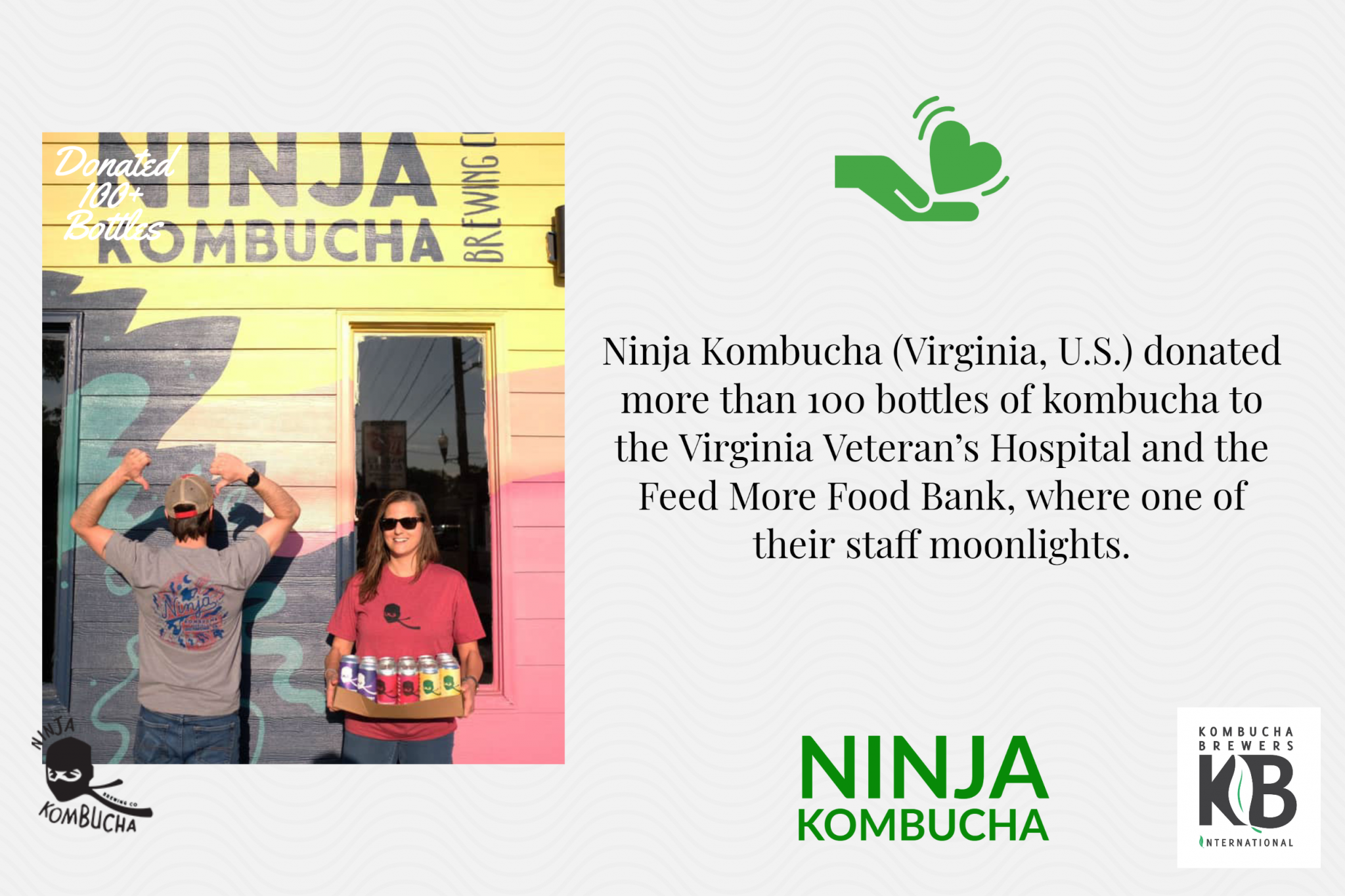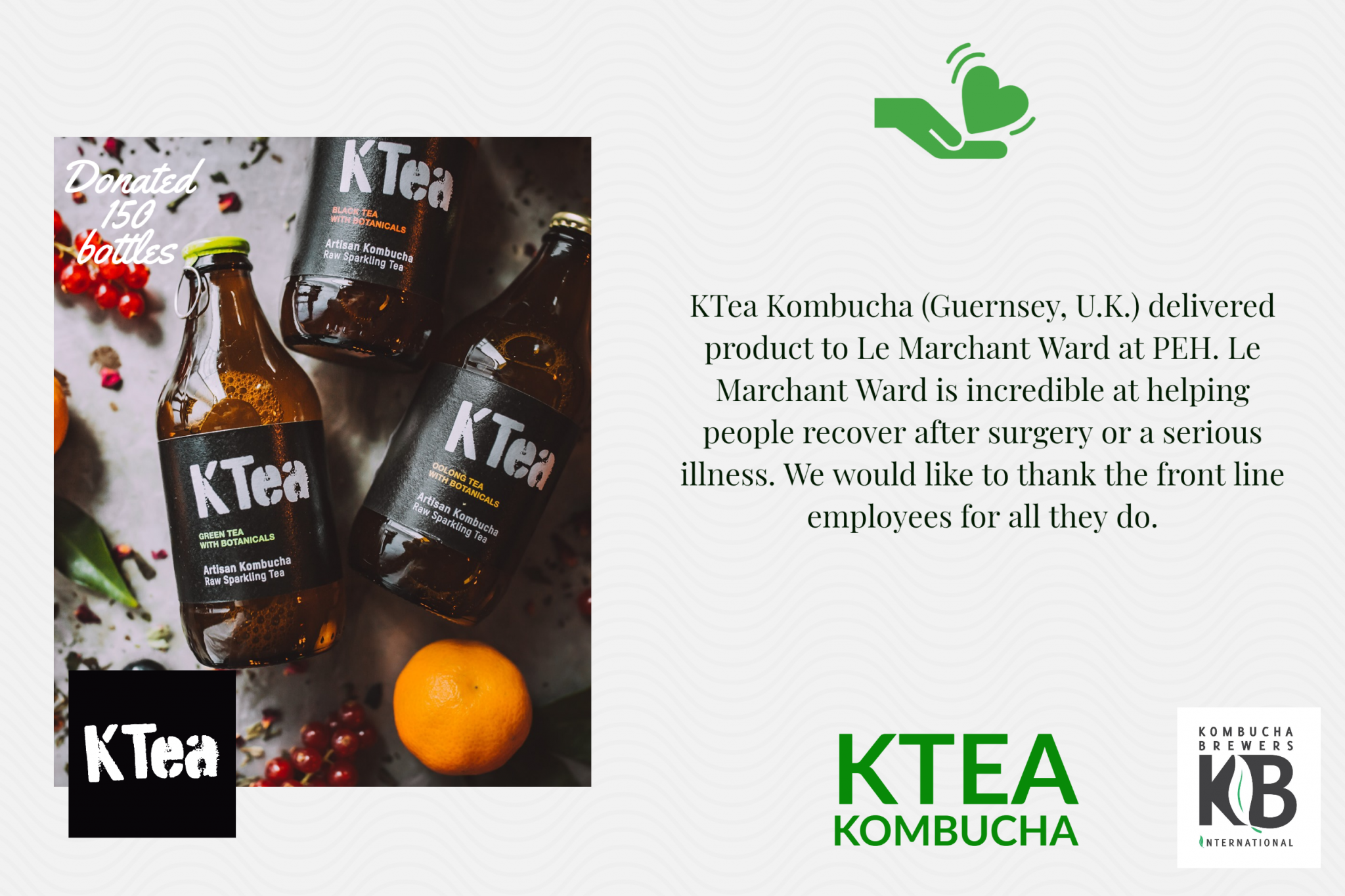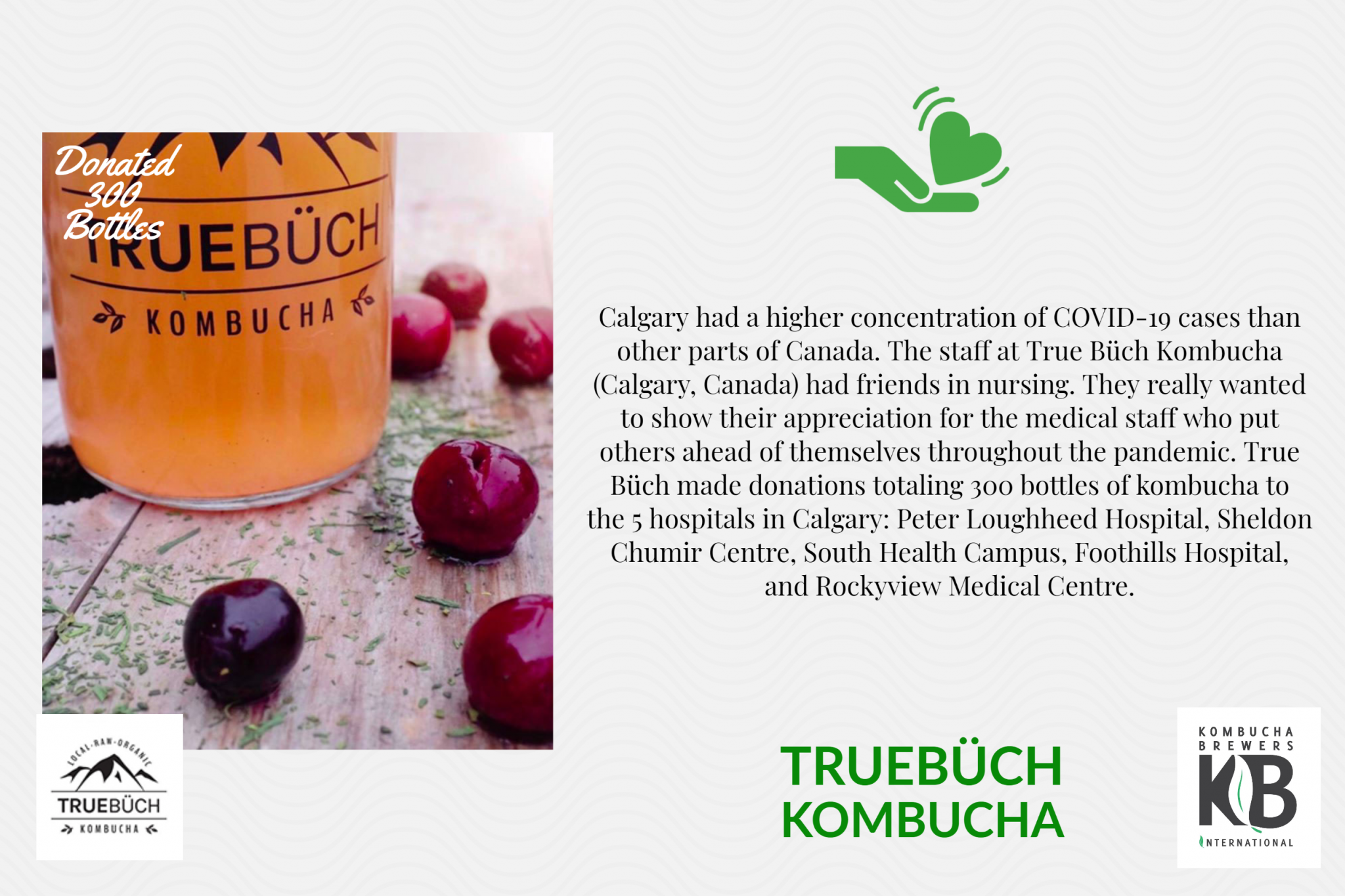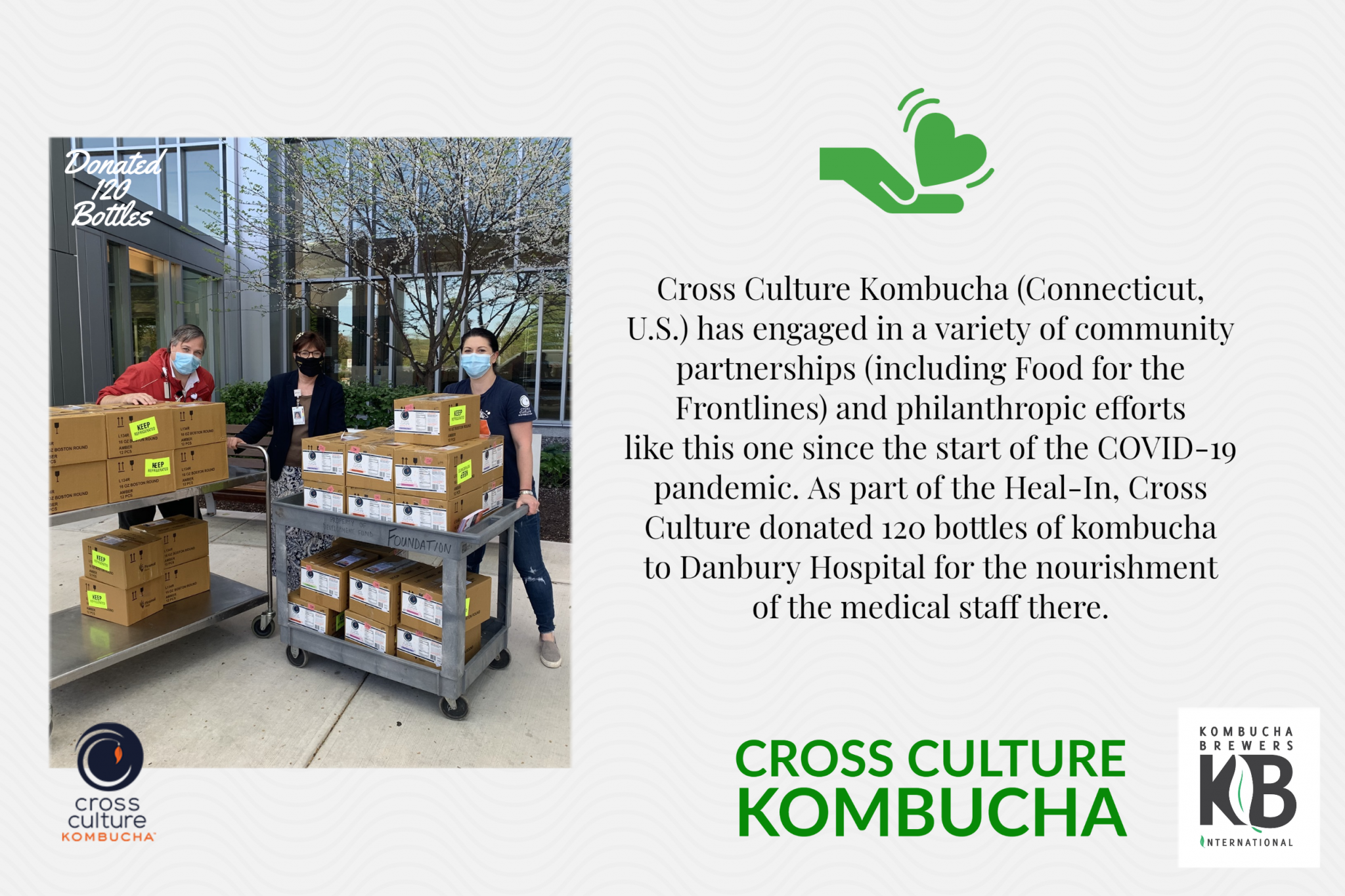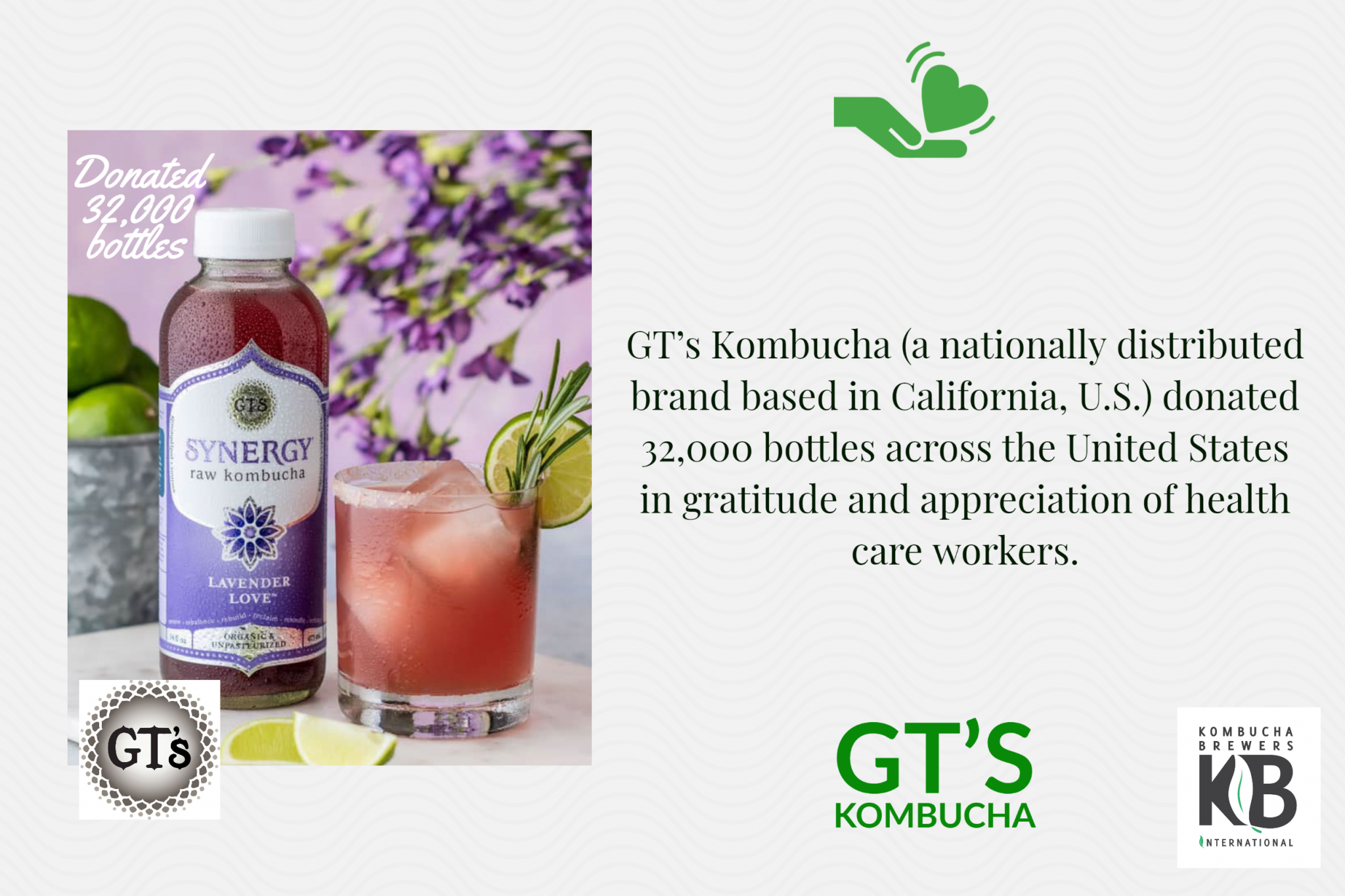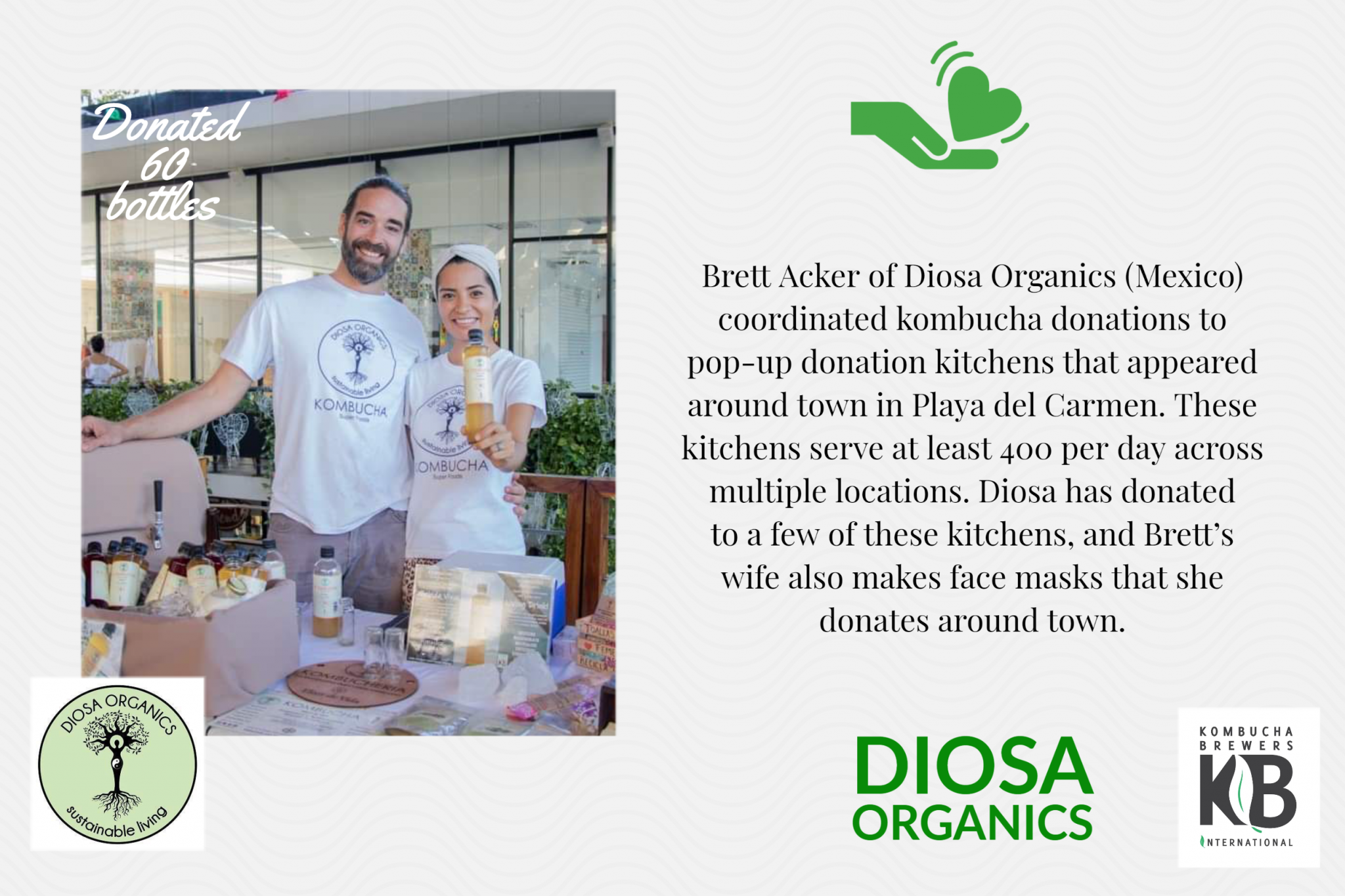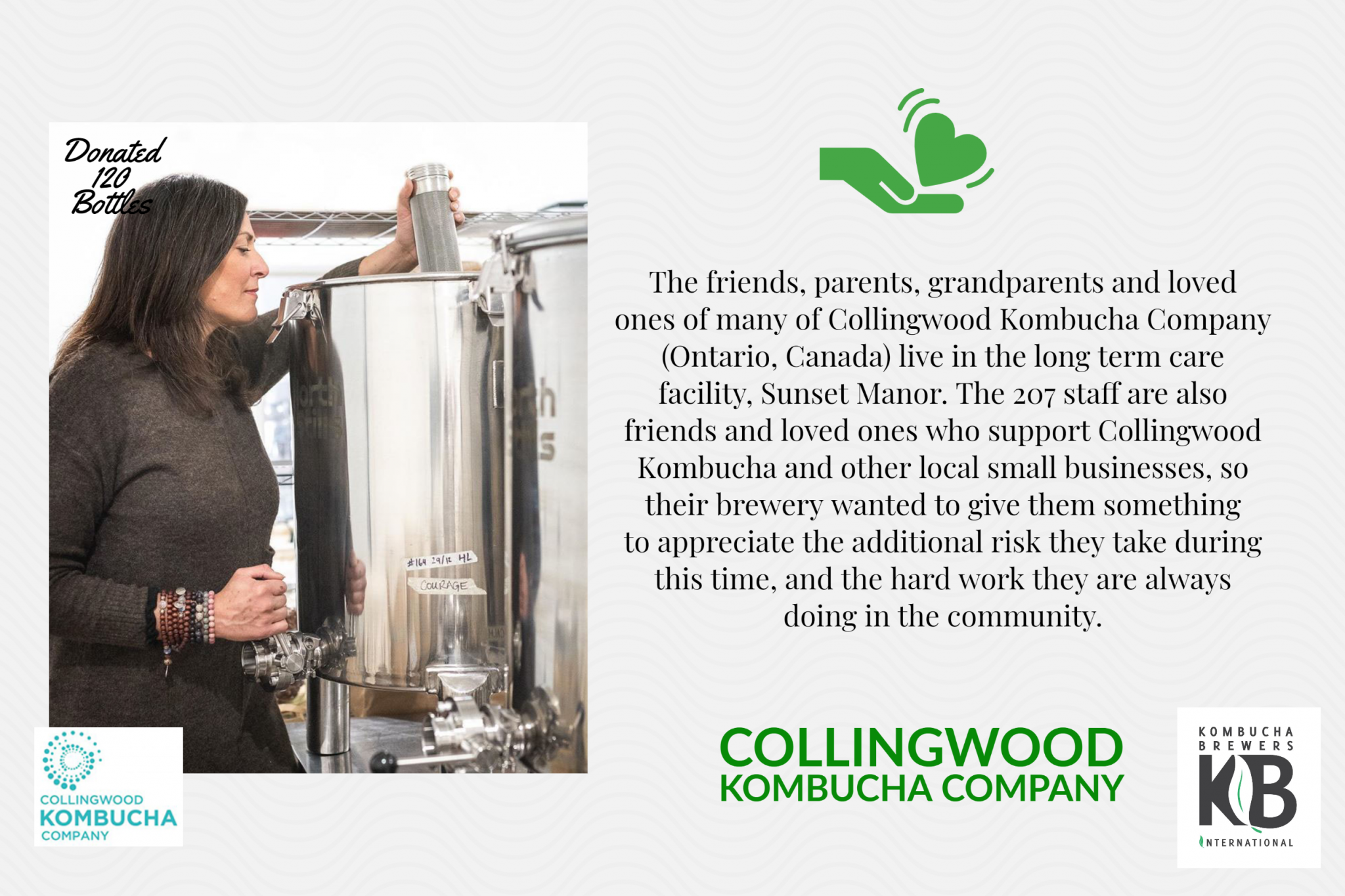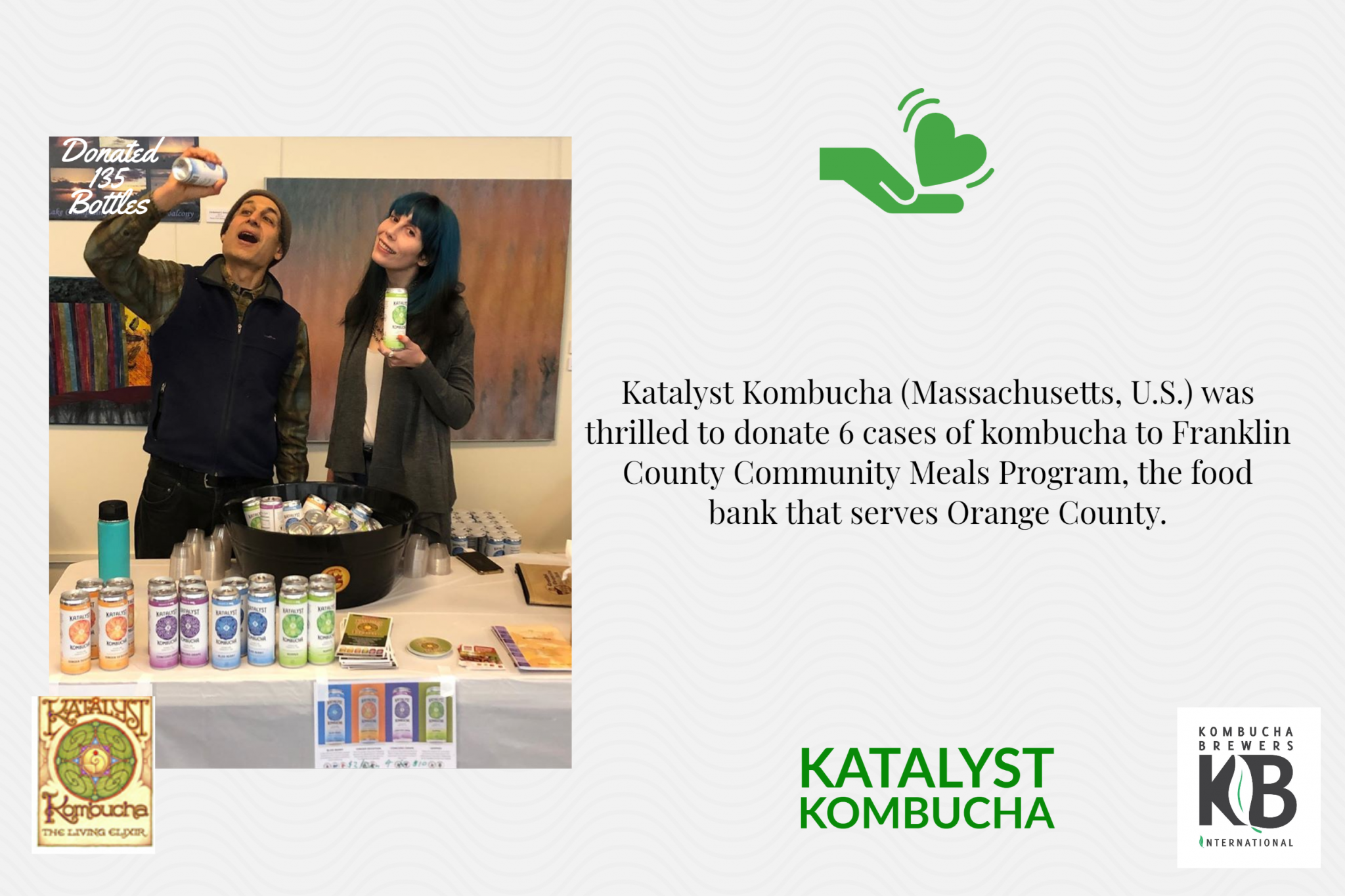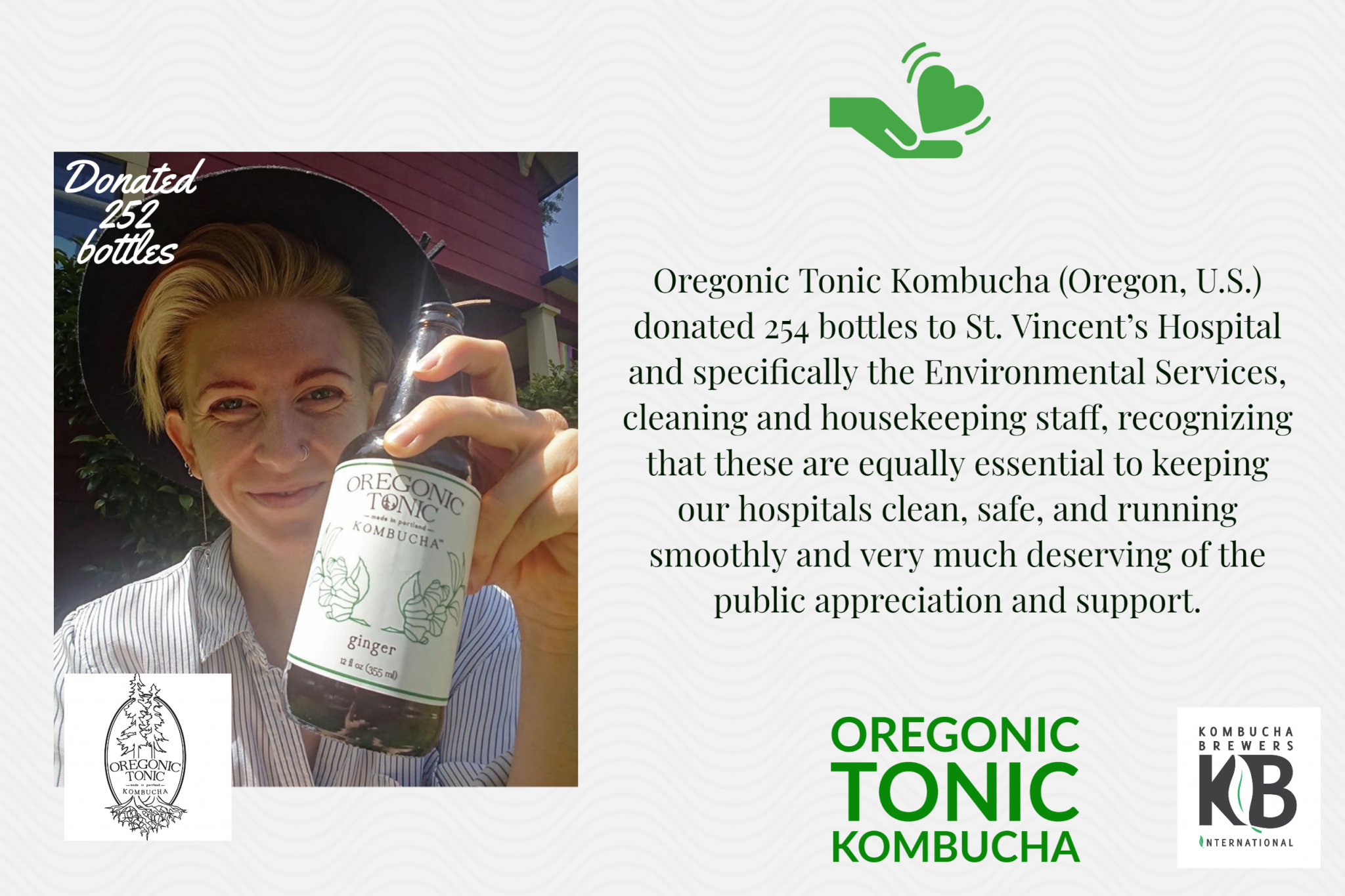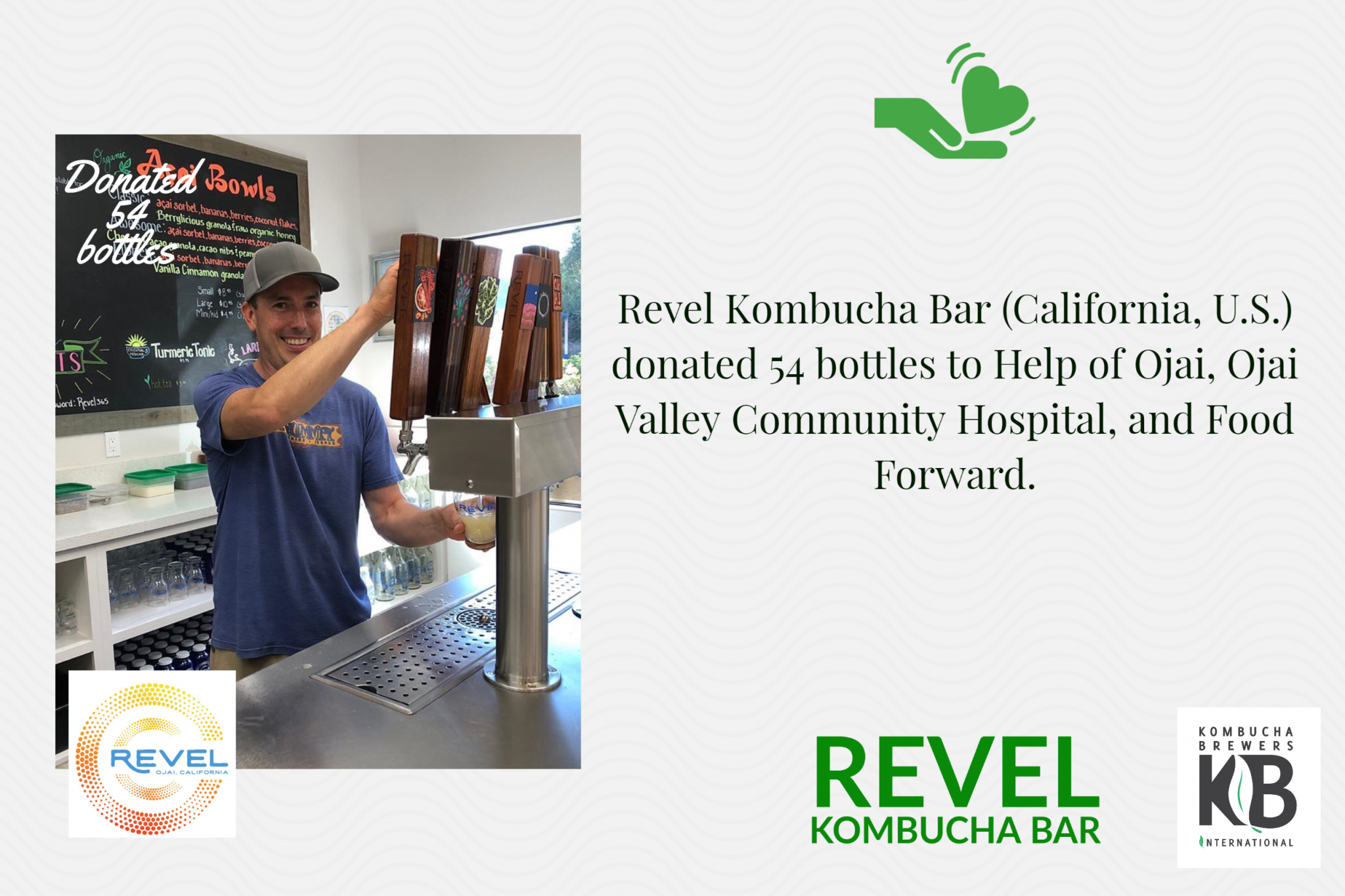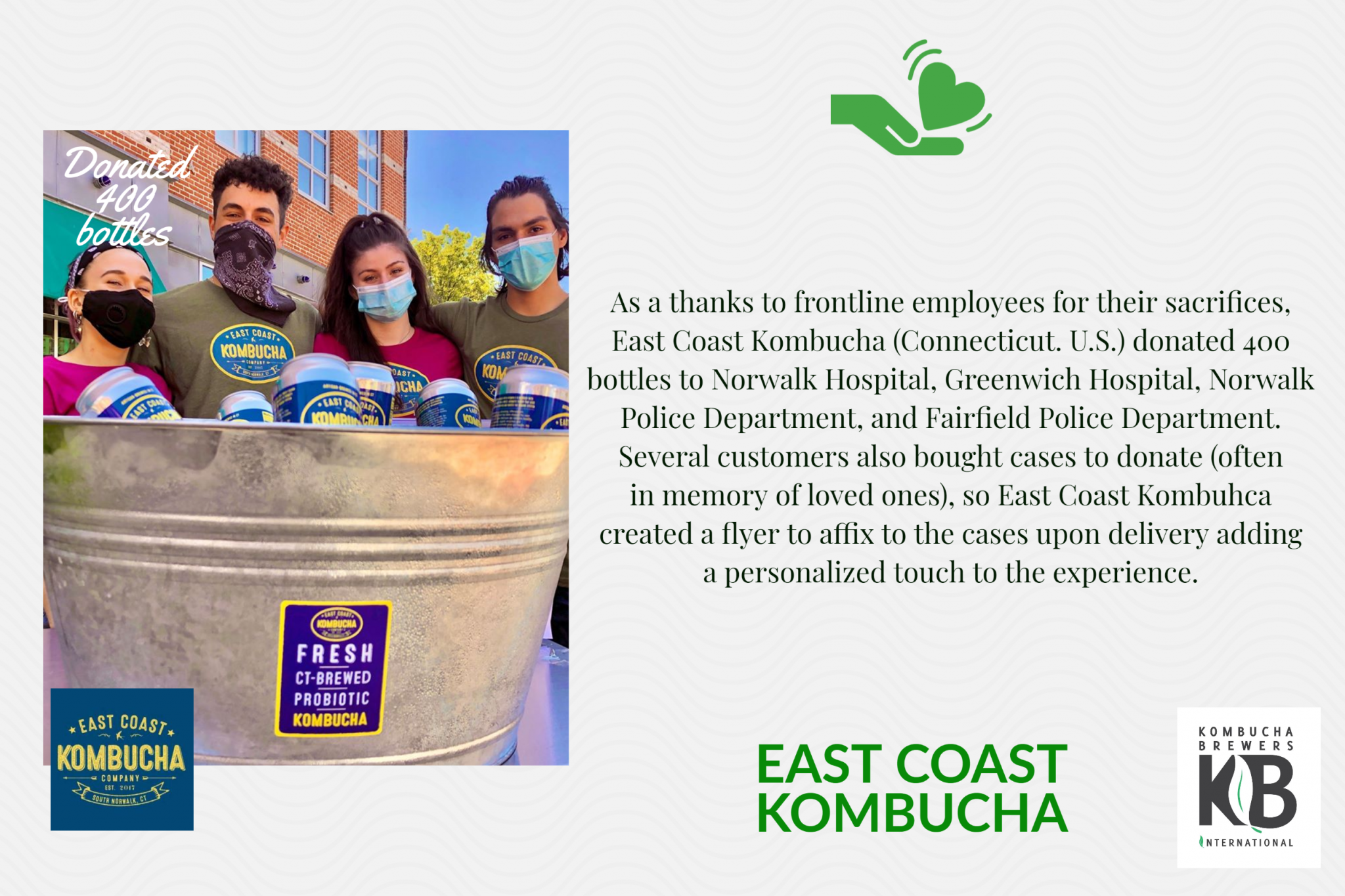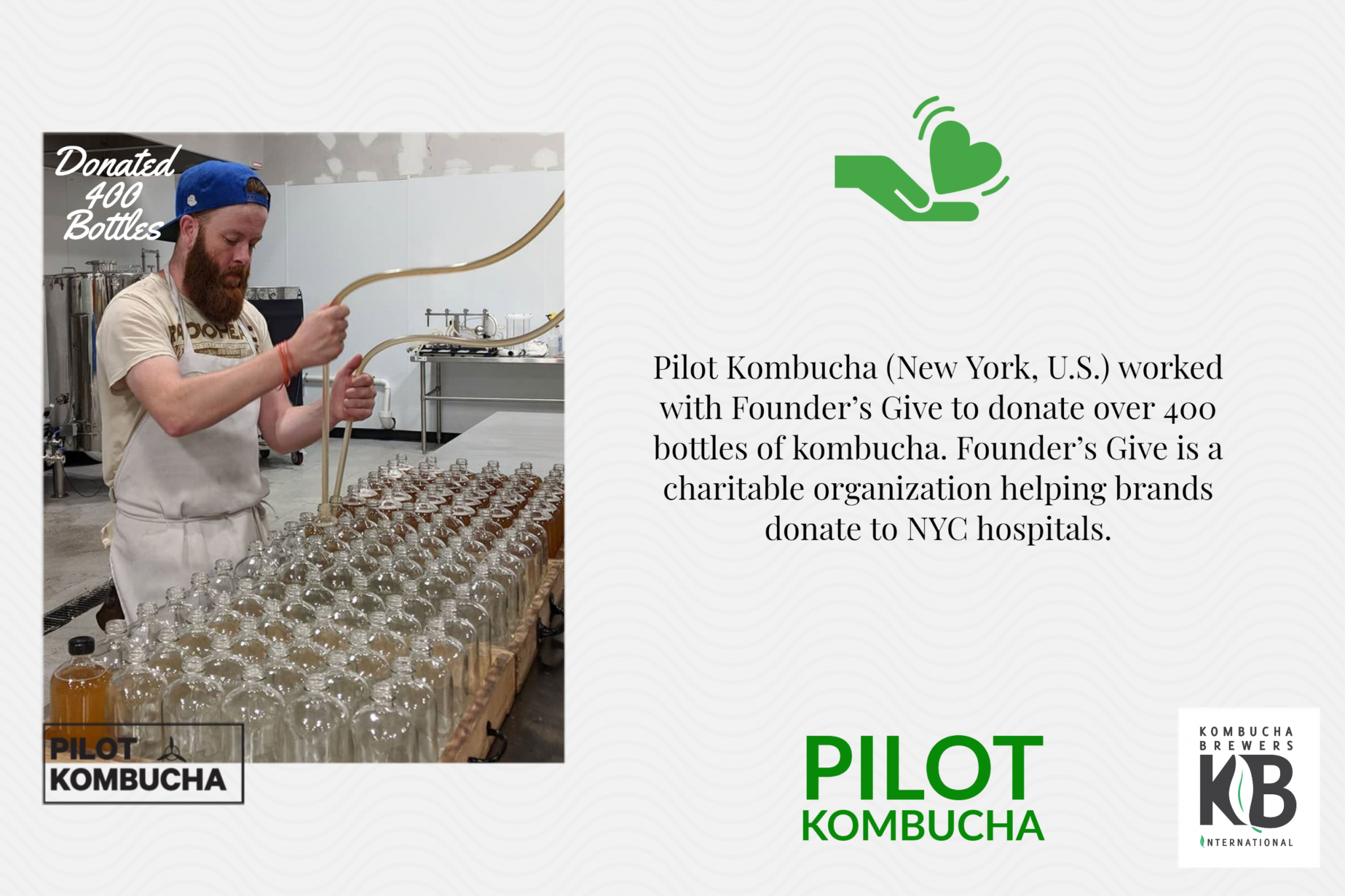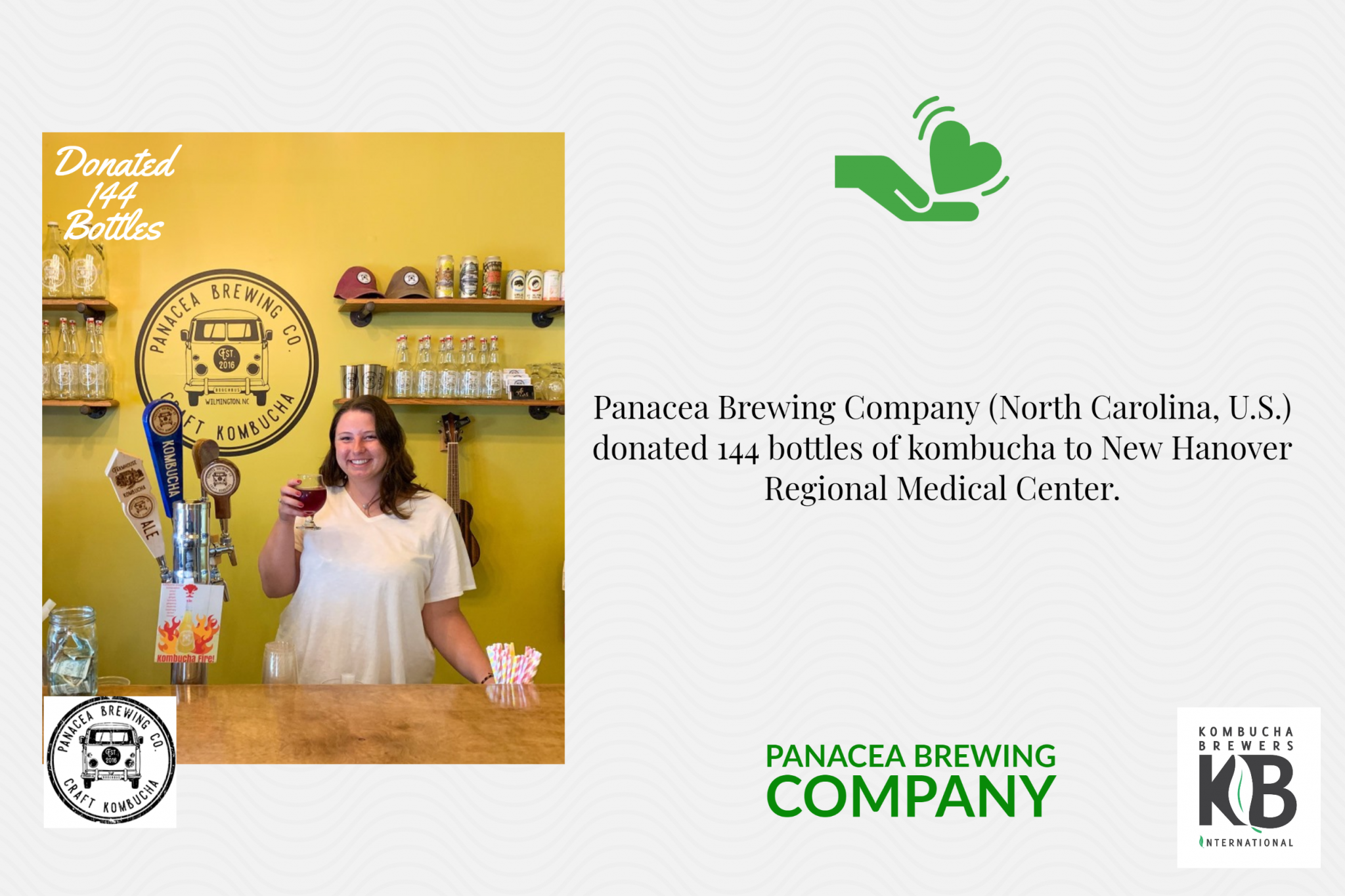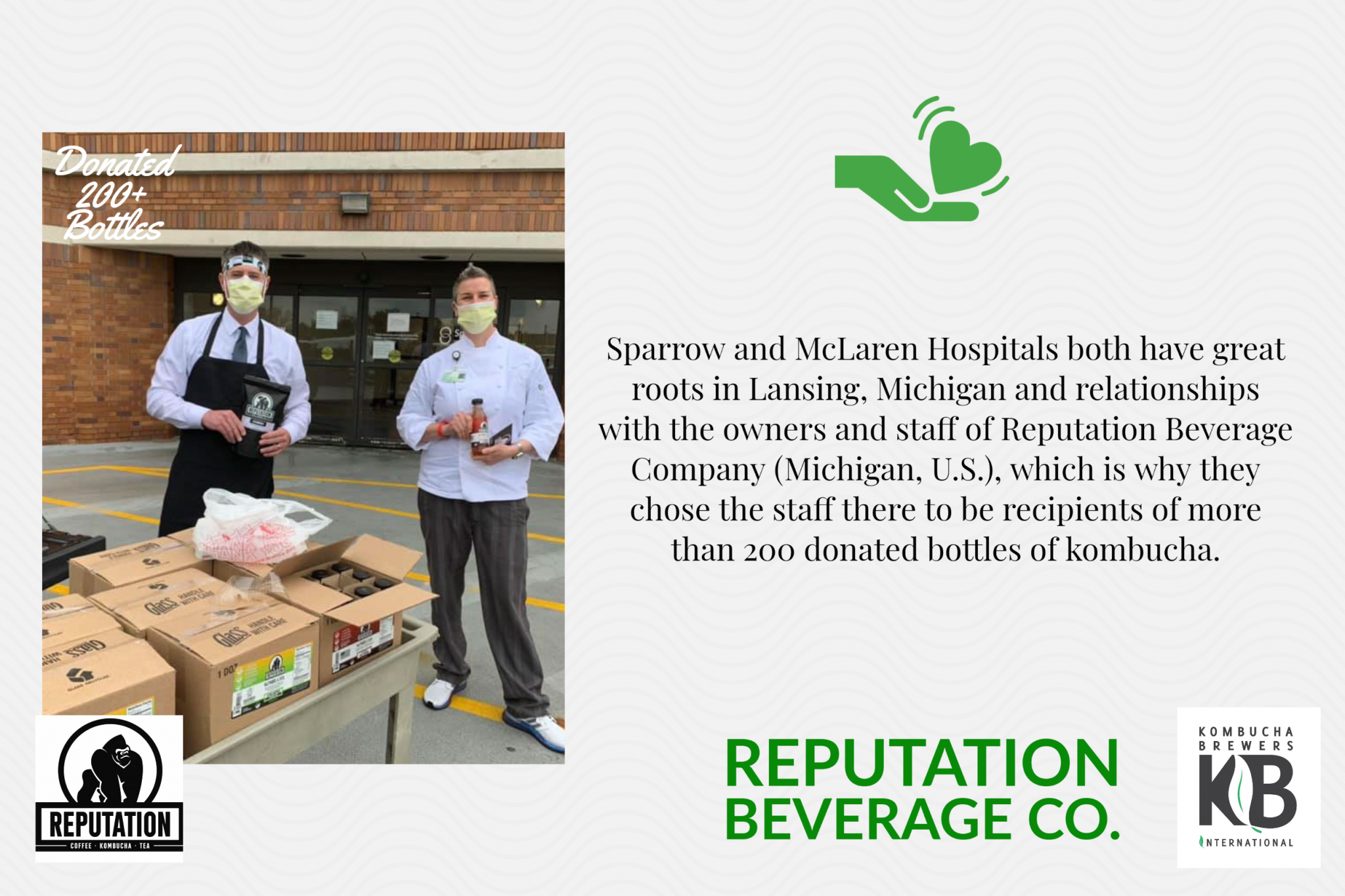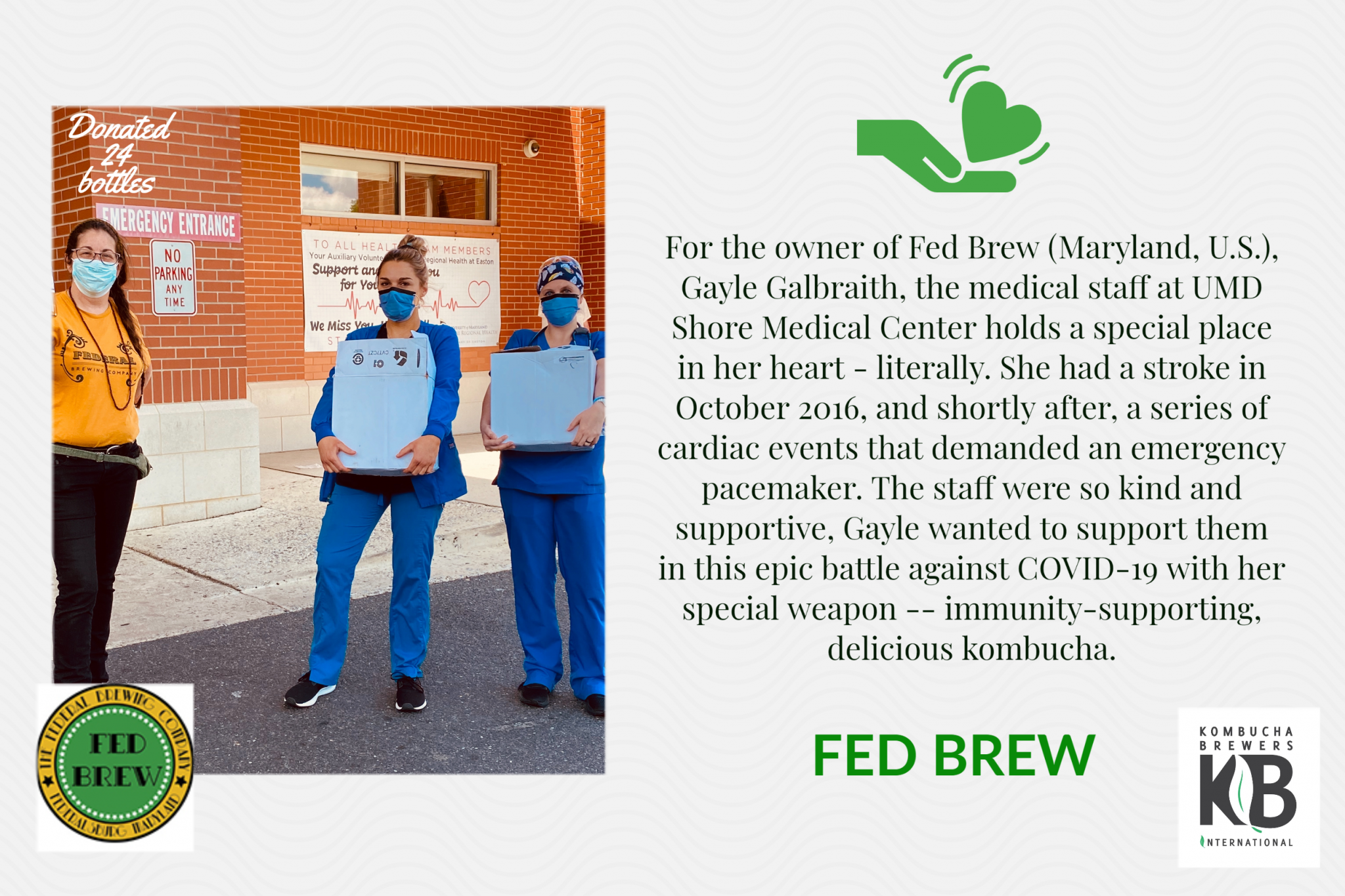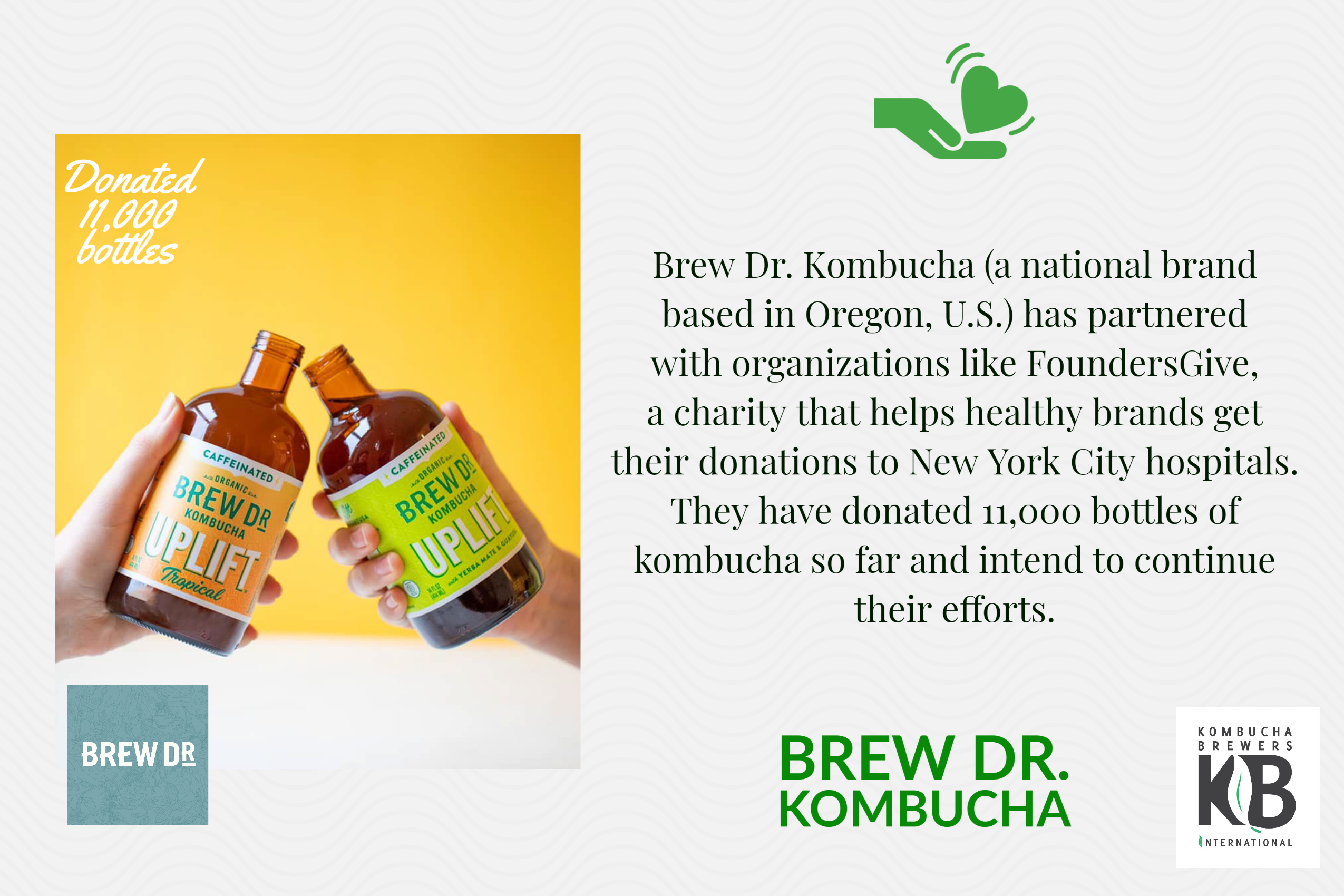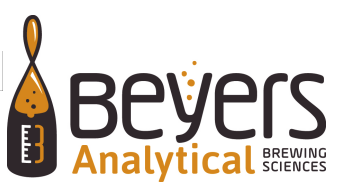108 Coronado Ct.
Suite B
Fort Collins, CO 80525
info@beyersanalytical.com
(970) 226-8649
Introduction
Rare Combinations LLC contracted Beyers Analytical Brewing Sciences (BABS) to provide an impartial and critical review of their Kombucha Alcohol Detector. BABS is an analytical laboratory based in Fort Collins, Colorado that is dedicated to developing and performing chemical and microbiological measurements for kombucha and beer producers. The analysts at BABS are certified beer chemists with the Alcohol and Tobacco Tax and Trade Bureau (TTB) and are qualified to provide accurate measurements of components within beverage products. BABS provides education for kombucha producers regarding analytical techniques that can be used to monitor their products. The low level of ethanol required for non-alcoholic kombucha necessitates quick, affordable, and reliable testing that can be used to measure levels at or below 0.5% alcohol by volume (ABV).
Methodology
BABS compared the Rare Combinations LLC Kombucha Alcohol Detector (KAD) to gas chromatography paired with flame ionization detection (GC-FID) utilizing AOAC 2016.12. Standards were purchased from Cerilliant when applicable. Quality controls were made from grain alcohol and analytically proofed using a calibrated Anton-Paar DMA4500 densitometer that provides accurate density readings to five decimal places (± 0.00001). Five kombucha samples were purchased from a local grocery store and tested by GC-FID and KAD in duplicate to allow comparison. The KAD was operated according to instructions provided by Rare Combinations LLC. The ABV read-out and the raw value read‑out were recorded for each sample measured by the KAD. All sample measurements were performed in duplicate and occurred at room temperature (22-23~C).
Results
The KAD instrument interface provides sample measurement results reported as ABV from a factory-installed calibration curve as well as the ability to make a custom calibration curve using raw data from the detector’s response. We decided to evaluate the accuracy of the instrument using the factory-installed calibration curve as well as using its capability to generate a custom calibration curve for alcohol. The table below compares the results from GC-FID, the KAD factory-installed calibration curve, and the KAD custom calibration curve.
Table 1: Comparison of alcohol values determined by GC-FID and KAD
| Sample |
Measured ABV (%) (GC-FID) |
Measured ABV (%) (KAD – Factory Curve) |
Measured ABV (%) (KAD – Custom Curve) |
| Kombucha 1 |
0.35 ± 0.01 |
0.44 ± 0.05 |
0.32 ± 0.05 |
| Kombucha 2 |
0.82 ± 0.01 |
0.79 ± 0.05 |
0.76 ± 0.05 |
| Kombucha 3 |
0.60 ± 0.01 |
0.63 ± 0.05 |
0.54 ± 0.05 |
| Kombucha 4 |
0.86 ± 0.01 |
0.78 ± 0.05 |
0.76 ± 0.05 |
| Kombucha 5 |
0.16 ± 0.01 |
0.25 ± 0.05 |
0.14 ± 0.05 |
| QC 0.75% |
0.74 ± 0.01 |
0.68 ± 0.05 |
0.77 ± 0.05 |
Discussion
The KAD version that we used can provide comparable results to the GC-FID using either the factory-installed calibration curve or the custom calibration curve. However, we would recommend that each customer who purchases the KAD take the time to build their own calibration curve on site and determine what curve fit works best for them.
Final Recommendations
The KAD can be a powerful tool for spot-checking alcohol concentrations in day-to-day operations. Taking the time to develop an on-site, instrument-specific calibration curve for each KAD can potentially increase accuracy. Any instrument is only as good as the operator running it. Training, accurate standards, and quality control are required to achieve reliable measurements. Proximity to the threshold concentration of 0.5% is also an important consideration. Testing of final product with GC-FID using method AOAC 2016.12 is still recommended to ensure legal compliance.
Disclosure and Disclaimer
BABS received payment from Rare Combinations LLC to perform this instrument review and validation. Rare Combinations LLC wanted a completely impartial review and did not make payment contingent upon any specific or desired outcomes. BABS does not make any guarantees or promises to the efficacy of the KAD for individual users or the reproducibility or robustness of the instrument over time. The writing in this document is the result of a small‑scale study performed by BABS and is the opinion of BABS only. The data, opinions, observations, and anything of the like should not be used as legal guidance. Past performance is no guarantee of future results. The KAD cannot replace GC-FID as an absolute analytical method.
